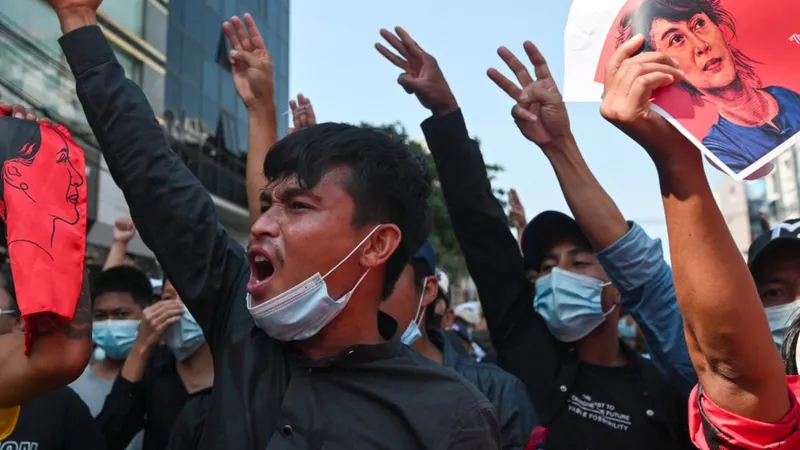Introduction
On July 25, 2022, the state of Myanmar carried out capital punishment after approximately three decades. According to the state-run newspaper ‘Global New Light of Myanmar’, four executions were carried out based on charges of terror activities. This included the execution of Phyo Zeya Thaw, a former member of Aung San Suu Kyi’s National League for Democracy (NLD), and prominent democracy activist Kyaw Min Yu. They were convicted and sentenced to death under the Anti-Terrorism Law, by a military tribunal in January for offenses involving explosives, bombings, and financing terrorism. According to Amnesty International, the charges are politically motivated. Additionally, Hla Myo Aung and Aung Thura Zaw were sentenced to death for the alleged murder of a woman believed to act as an informer for the military in Hlaing Tharyar in Yangon.
Global Outrage and Condemnation !
These instances of capital punishment led to worldwide outrage and condemnation. UN human rights chief Michelle Bachelet condemned the execution in the strongest terms and said, “I am dismayed that despite appeals from across the world, the military conducted these executions with no regard for human rights. This cruel and regressive step is an extension of the military’s ongoing repressive campaign against its people.”
Countries like France and Japan also criticized the decision of Myanmar’s Military Junta while the US national security council described the killings as “heinous”. International organizations such as Amnesty International came out strongly against the act of Myanmar’s Military-led Government. Amnesty International’s Regional Director Erwin van der Borght said, “These executions amount to arbitrary deprivation of lives and are another example of Myanmar’s atrocious human rights record.”
He further stated, “These executions – the first in Myanmar in decades – are cruel violations of the rights to life, liberty, and security of a person, and fair trial guarantees. For the military to widen its killing will only deepen its entanglement in the crisis it has itself created.”
Historical Context of Myanmar’s Military Regime !
The political history of Myanmar under the military regime is marked by widespread violence. In 1962, the democratic structure of the country was overthrown by a military coup led by General Ne Win, who remained in power for 26 years. Following the collapse of Myanmar’s economy, public uprisings demanding democracy, and the emergence of a black market economy, the military regime launched a massive crackdown in 1988 which led to the death of more than 3000 civilians and the displacement of a large number of people.



Recent Developments and Ongoing Conflict !
The military rule continued over the years, and so did the violence. The year 2011 witnessed a breakthrough. The military junta was dissolved after years of widespread protests, and a military-dominated parliament was set up headed by former army bureaucrat and Prime Minister Thein. In 2015, Myanmar held its first nationwide, multiparty elections. The NLD led by Aung San Suu Kyi registered a landslide victory. However, for most of its existence, Myanmar remained in a state of conflict, both military and ethnic.
In February 2021, the civilian government in the country was brought down by a coup headed by General Min Aung Hlaing, commander-in-chief of the Tatmadaw. Since then, a state of emergency has been imposed in the country. The government has promised to conduct free and fair elections. However, the country is engulfed in a new wave of violence. According to the advocacy group Assistance Association for Political Prisoners (AAPP) in Burma, 14,847 people have been arrested since the coup, while 11,759 remain in detention. 76 prisoners have been sentenced to death since the coup, including two children and 1 person, who have been sentenced to death in absentia.
The Resurgence of Capital Punishment !
Despite the ongoing conflict, the recent instances of capital punishment sparked worldwide concern. The executions are the first to be carried out in Myanmar since the 1980s. The Myanmar military issued a Martial Law Order 3/2021, according to which the authority to try civilians is transferred to special or existing military tribunals without any right to appeal. Amnesty International has also shown concern due to the dangerous increase in the use of the death penalty in Myanmar, as a tool to stop or minimize the ongoing agitation.
Global Perspective on Capital Punishment !
According to the US-based Death Penalty Information Center, “More than 70% of the countries in the world have abolished capital punishment in law and practice.” According to the “UN RESOLUTION FOR A UNIVERSAL MORATORIUM ON THE USE OF THE DEATH PENALTY” the UN reaffirms that the application of the death penalty violates human dignity and “calls upon all States that still maintain it to establish a moratorium on executions”. In 2020, the resolution was strengthened and stressed better conduct of the death row prisoners, and protecting women and children. It recognized the role of Civil Society “in pursuing local and national debates and regional initiatives on the death penalty”. 123 countries voted in its favor.
However, unlike most of the world where capital punishment is not used and the trials are conducted in a comparatively fair manner, in Myanmar, under the Military Junta, there is no legal machinery and transparency for the protection of rights and people. As a result, they face a constant threat to their lives and rights.
Human Rights Violations !
The situation in Myanmar is a matter of grave concern. The relatives of those who were executed were deprived of any information and were kept waiting. The mother of Zayar Thaw said she was not aware when precisely her son would be executed, and thus was unable to make proper traditional funeral plans. “When we met on Zoom last Friday, my son was healthy and smiling. He asked me to send his reading glasses, dictionary, and some money to use in prison, so I brought those things to the prison today. That’s why I didn’t think they would kill him. I didn’t believe it”, she said. Similar stories could be heard from the relatives of the executed.
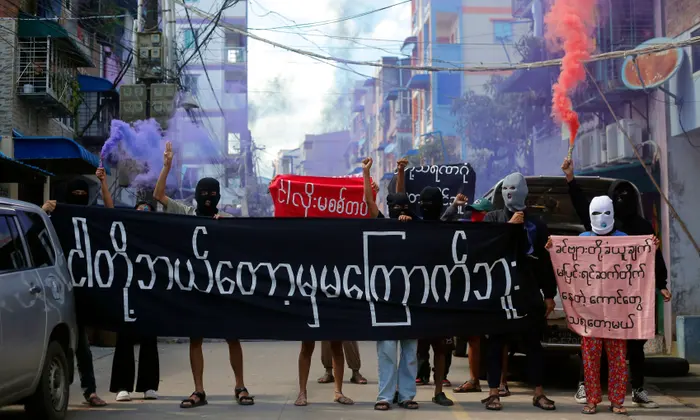
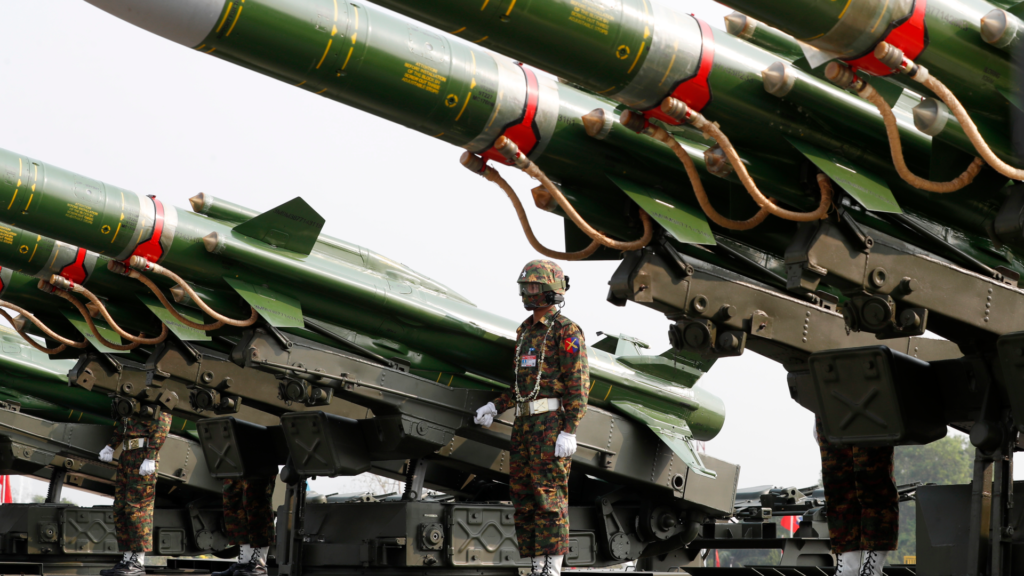
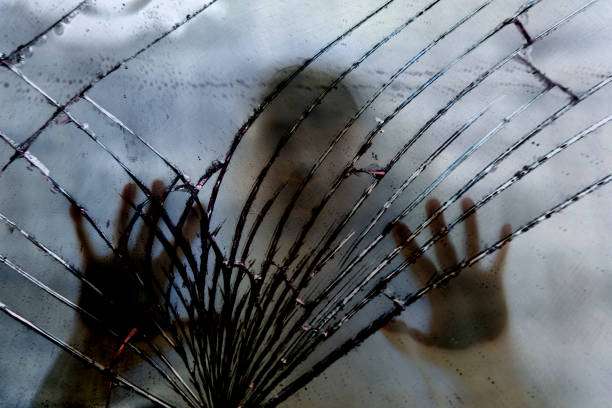
Conclusion
The executions in Myanmar have highlighted the ongoing human rights abuses under the military regime. The international community continues to condemn these actions and calls for immediate reforms to protect the rights and lives of the people of Myanmar.
References
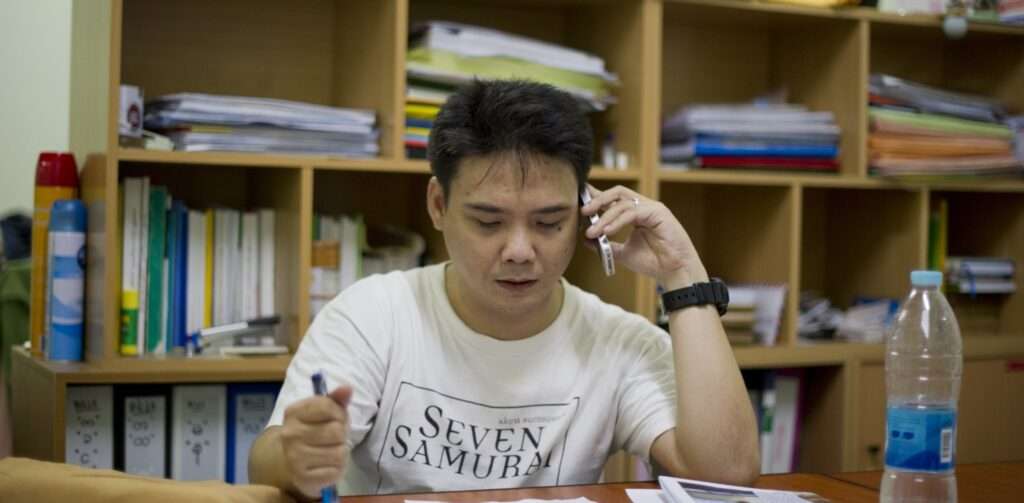
Amnesty International. July 25, 2022. Myanmar: First executions in decades mark atrocious escalation in state repression. Retrieved from
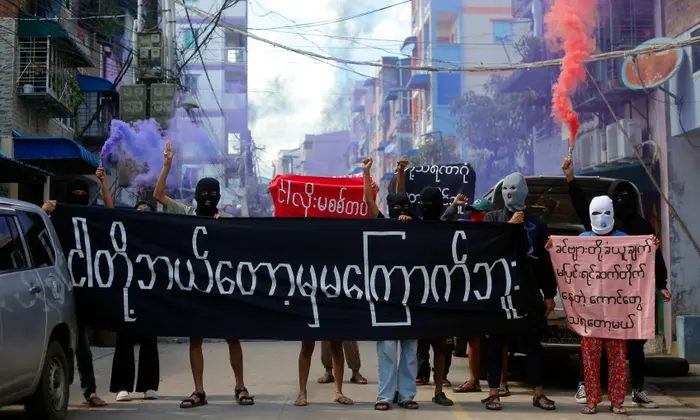
Rebecca Ratcliffe and Maung Moe. July 25, 2022. Myanmar junta executes democracy activists in first such killings in decades. Retrieved from
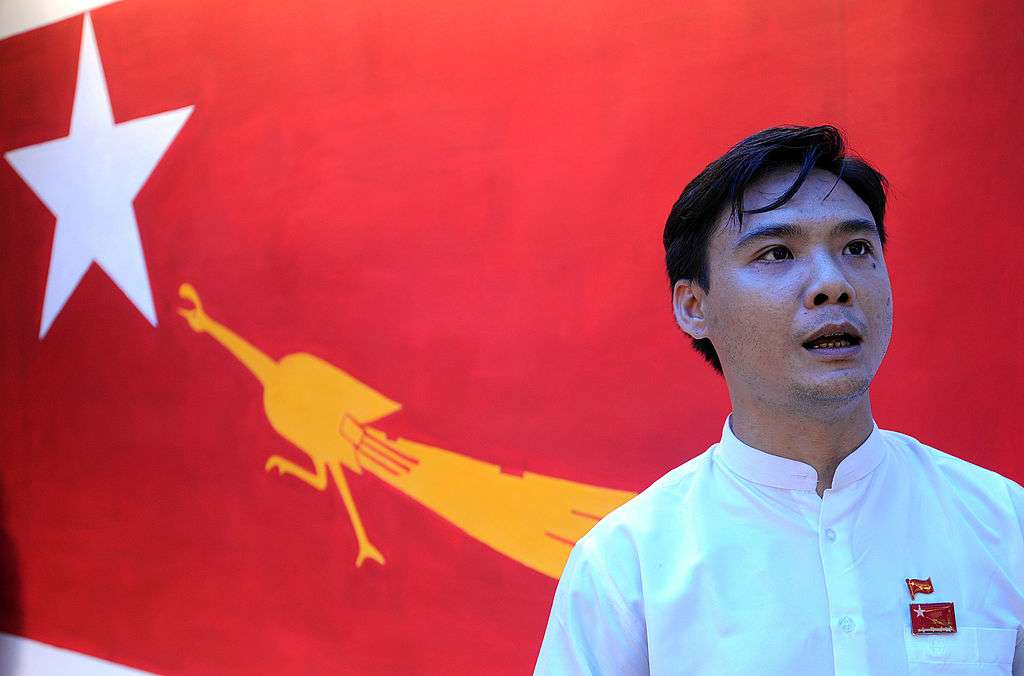
Khine Lin Kyaw and Philip J. Heijmans/Bloomberg. July 25, 2022. Myanmar Executes Activists in Its First Use of the Death Penalty in Decades. Retrieved From

ECPM. (n.d.) UN RESOLUTION FOR A UNIVERSAL MORATORIUM ON THE USE OF THE DEATH PENALTY ANALYSIS OF THE 2020 VOTE. Retrieved from
https://www.ecpm.org/wp-content/uploads/flyer-moratoire-GB-2020-211220.pdf
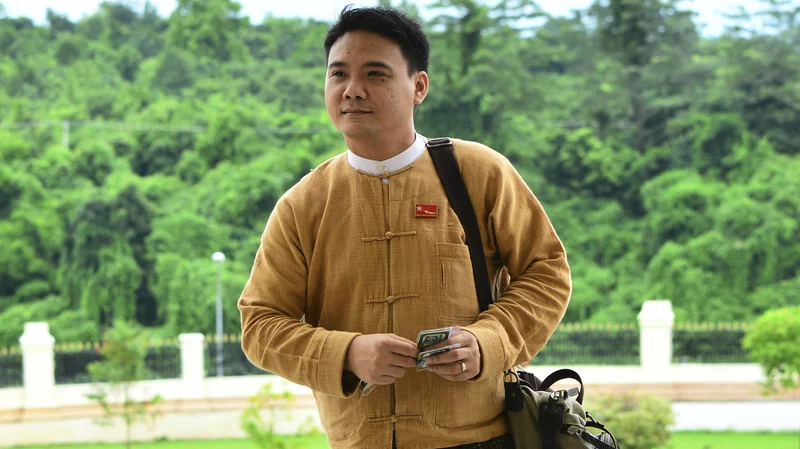
NPR. July 25, 2022. Myanmar carries out its first executions in decades, including democracy activists. Retrieved From.

United Nations Office of the High Commissioner of Human Rights. July 25, 2022. Myanmar: Bachelet condemns executions, calls for release of all political prisoners. Retrieved From
